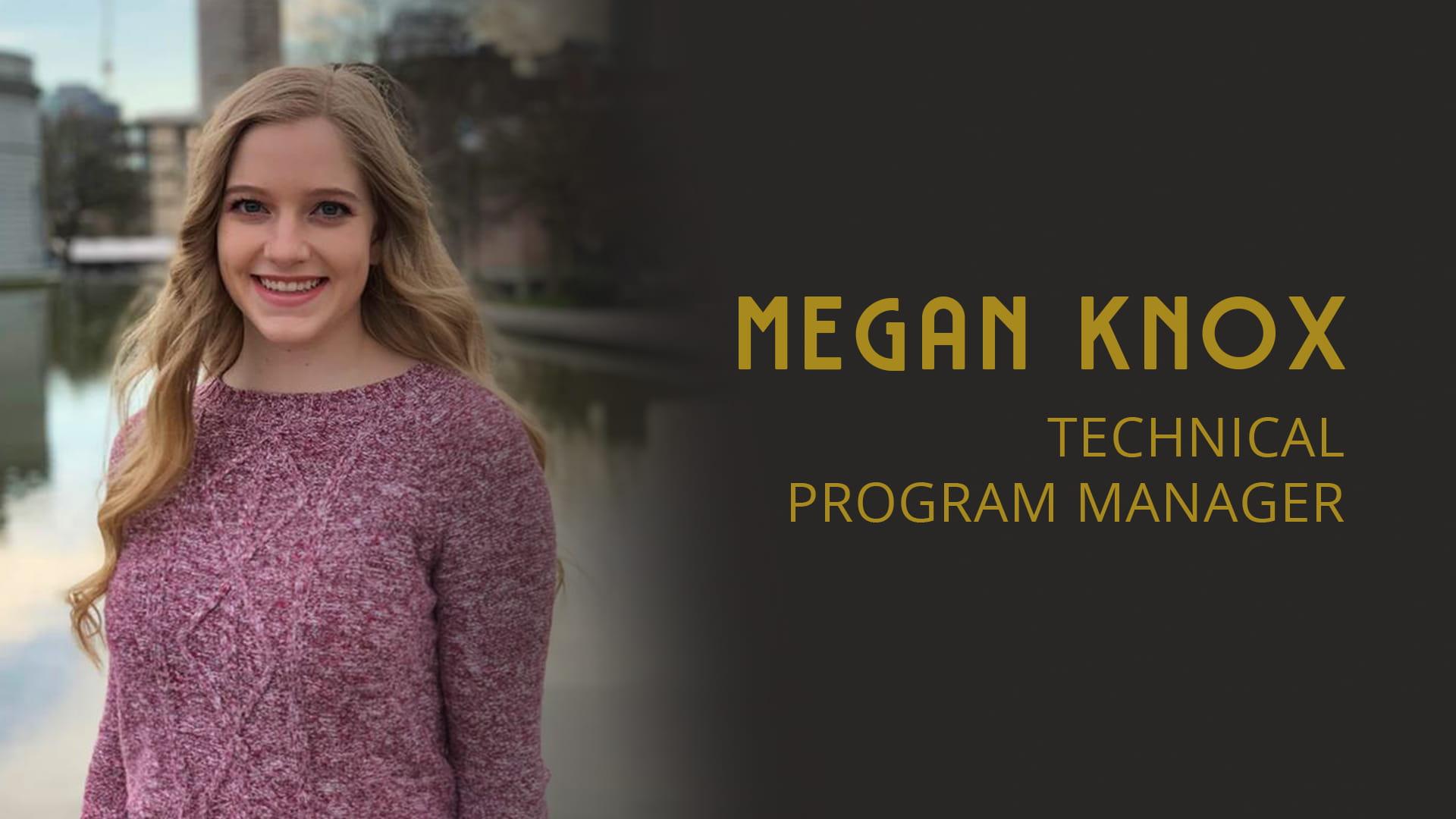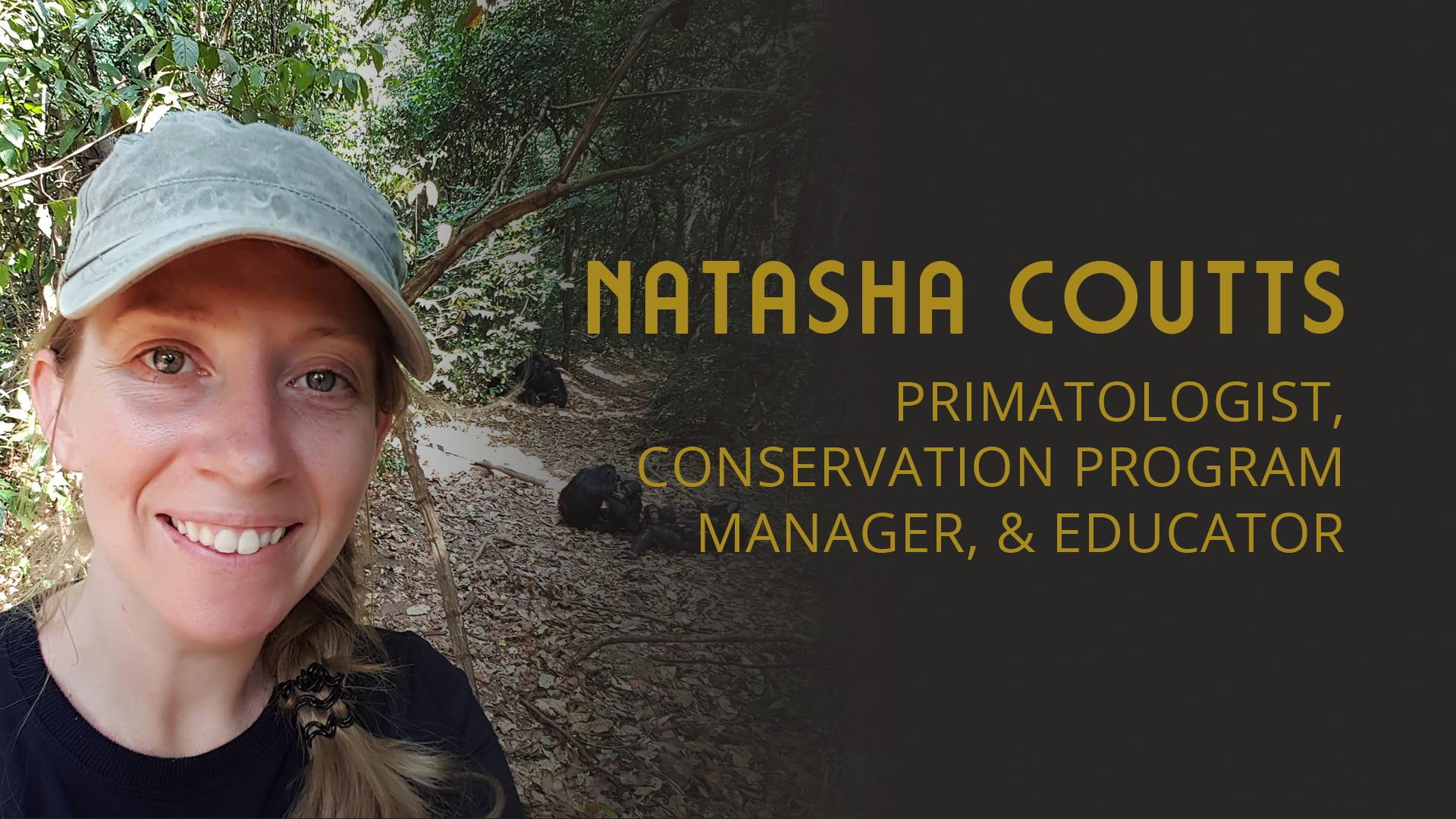Computational Astrophysics and kilonovae with Dr Heloise F. Stevance
About Dr Heloise F. Stevance
Originally born and raised in France, Dr Heloise F. Stevance moved to the UK to study Physics and Astronomy at the University of Sheffield. After working as a support astronomer at the Isaac Newton Group in La Palma for a year, she obtained her Masters of Physics in 2015. Heloise subsequently started a PhD studying the 3D shape of Core Collapse Supernovae, and earned her title in Spring 2019. In July of that year, Heloise joined the University of Auckland as a Research Fellow to research the evolution of massive stars to better understand how they die and produce Supernovae and Kilonovae. Heloise also started her public outreach work during her doctorate studies, in early 2016, and has not stopped since.
- Twitter: @sydonahi
- TikTok: @sydonahi
- H F Stevance
Listen to the Podcast
Listen on Apple Podcasts, Spotify, iHeartRadio, Amazon Music, Castbox, Deezer, Goodpods, Overcast, Pocket Casts, TuneIn, Blubrry, Digital Podcast, Gaana, Podcast Addict, Podchaser, Podhero, PlayerFM, JioSaavn, RSS, and other podcast platforms.
Watch on YouTube
- [00:00:40] Heloise's interest in physics, astronomy, and space.
- [00:03:12] Heloise's vision for a career in the field.
- [00:03:41] The opportunity to work for a year in La Palma as a support astronomer.
- [00:04:36] The role of a support astronomer for the Isaac Newton Telescope.
- [00:08:32] Heloise's PhD on the 3-Dimensional shape of Supernovae.
- [00:10:29] What you can learn from the shape of a supernova.
- [00:11:11] Understanding elements of the explosion.
- [00:13:15] Using spetroscopy to identify the composition of the explosion.
- [00:15:15] Working on stellar evolution.
- [00:15:30] How massive stars live and die (supernovae and kilonovae).
- [00:17:00] How to extrapolate information from what we have available to us.
- [00:18:02] Collecting snapshots in space.
- [00:19:19] A combination of physics and computer modelling to build a picture from the snapshots.
- [00:21:03] A generalist in a specialised field.
- [00:22:29] The first observed kilonova (scientists are the worst gossips).
- [00:23:05] The theory.
- [00:23:32] The first hints at LIGO.
- [00:24:24] Plans were put in motion.
- [00:28:17] How long does it take for a kilonova event to occur?
- [00:30:01] Knowing what to look for and when to look for it.
- [00:31:06] ENGRAVE and monitoring with gravitational wave detectors.
- [00:34:45] What we've learned from the kilonovae data so far.
- [00:36:46] What we can learn from stellar evolution.
- [00:37:10] Stellar black holes.
- [00:37:57] How black holes are made.
- [00:42:11] Combining snapshots with computational models.
- [00:43:22] More data will lead to more accurate models.
- [00:45:12] Always more to be gleaned from old data.
- [00:47:02] Why the focus on supernovae and kilonovae.
- [00:49:41] Heloise's interest in outreach.
- [00:49:49] Some scientific pursuits have value outside of direct applications.
- [00:52:27] Heloise is available to speak about
- [00:53:15] The accessibility of knowledge.
- [00:54:28] The myth that stars we see are long dead.
- [00:55:53] First terrestrial fake news, now space fake news.
- [00:57:05] The fake science debunking trend.
- [00:58:15] Bonus Question 1: What hobby or interest do you have that is most unrelated to your field of work?
- [00:58:24] Roller derby!
- [00:59:32] Jamming and blocking.
- [01:02:42] Derby names.
- [01:04:40] Bonus Question 2: Which childhood book holds the strongest memories for you?
- [01:06:04] Bonus Question 3: What advice you would give someone who wants to do what you do? Or what advice should they ignore?
- [01:06:40] Don't pull all-nighters.
- [01:07:24] The university experience.
- [01:09:20] Honing your BS detector.
Connect with Us
- @steampoweredshow
- @steampoweredshow
- @steampoweredshw
- @steampoweredshow
- @steampoweredshow
- @steampoweredshow
- steampoweredshow
Support STEAM Powered
Review Us
Please leave us a review on Apple Podcasts, Spotify, GoodPods, Podchaser, or your preferred podcatcher.
Become a Patron
Affiliate Programs
Start your own podcast or YouTube channel, or run panels and seminars with Riverside.fm. Record up to 8 people in a session with up to 1000 audience members. You can record in advance as I do, or you can livestream with the option to send it straight to Facebook, Youtube, Twitter, or Twitch. There's even a green-room for guests and live call in for audience members. Afterwards, get separate video (up to 4K) and audio (up to 48kHz) tracks per recorded participant for editing, none of that “active speaker only” limitation. You know you're in good hands with a service whose client-base includes some heavy-hitters. Check out Riverside.fm to see who else is on board. Use promo code STEAM25 to get 25% off the first three months of your subscription.


